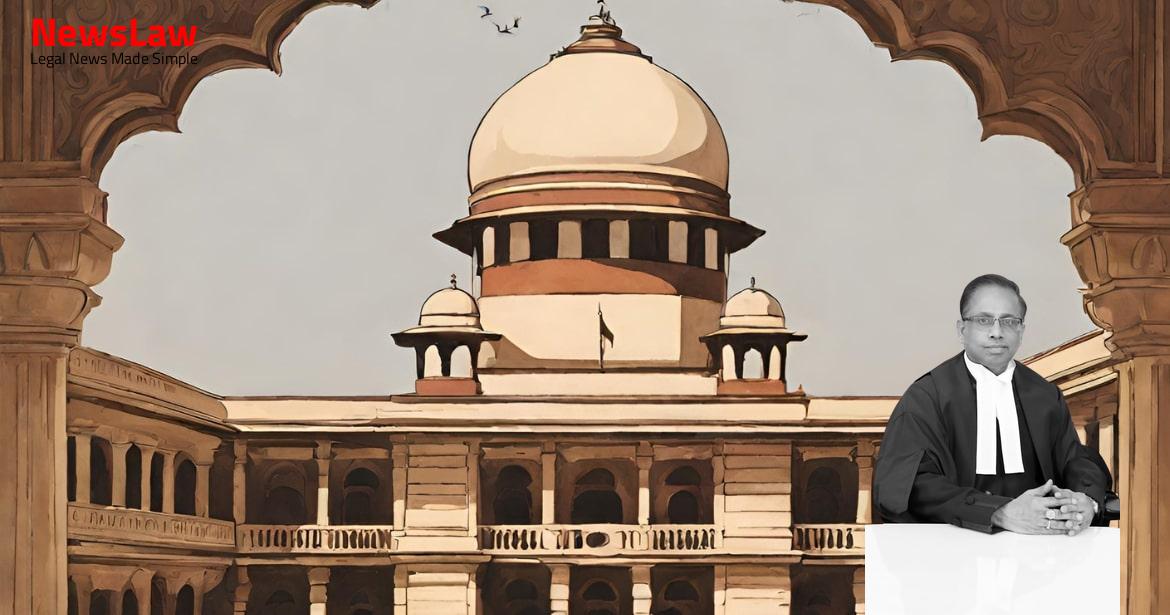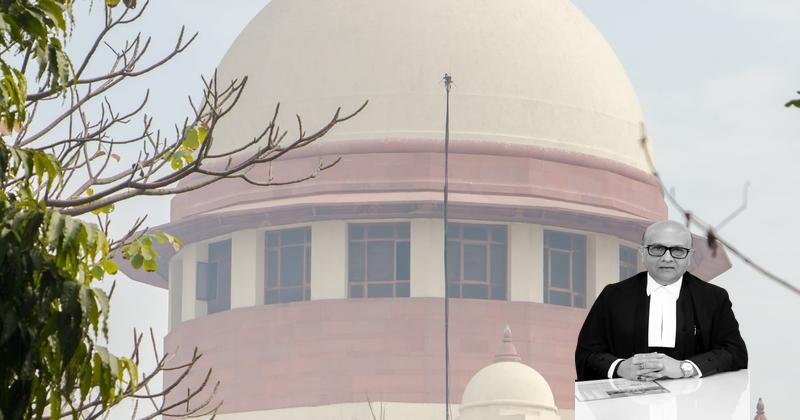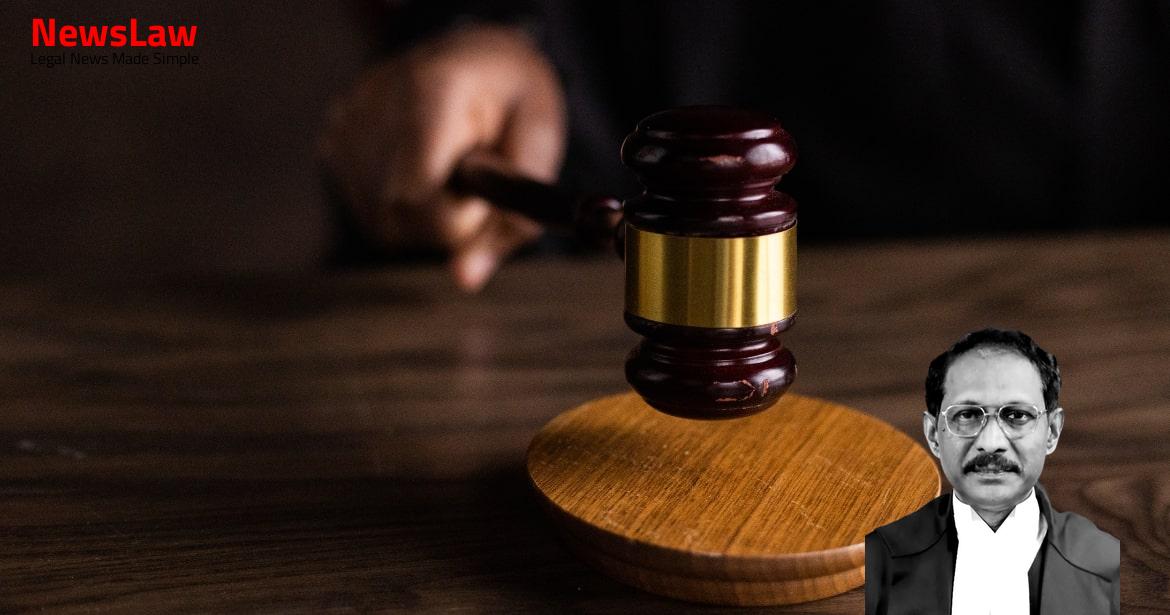In the case of Shreya Singhal v. Union of India, the Supreme Court of India delivered a landmark judgment that upholds constitutional rights and promotes gender equality. The judgment focuses on addressing issues related to crimes against women and children, emphasizing the need for just, fair, and reasonable procedures. The Court’s decision in this case sets a precedent for protecting the dignity of women and preventing harmful practices in society.
Arguments
- The Federation of Obstetrics and Gynaecological Societies of India (FOGSI) filed a writ petition challenging the constitutional validity of Sections 23(1) and 23(2) of the Act.
- They highlight issues affecting obstetricians and gynaecologists nationwide under the Pre-conception and Pre-natal Diagnostic Techniques (Prohibition of Sex Selection) Act, 1994.
- The Act aims to prevent sex determination leading to female foeticide but faces challenges in implementation.
- The Society argues that clerical errors in paperwork are being equated with the serious offense of sex determination, leading to unwarranted criminal prosecution of its members.
- They question the ambiguity in the Act and stress the need for differentiation between paperwork errors and criminal violations.
- The Society contends that suspending medical licenses over minor clerical errors is harsh and affects livelihoods.
- They argue for a more nuanced approach to penalties under the Act and seek decriminalization of paperwork anomalies.
- The Society emphasizes the importance of maintaining proper records for the effective implementation of the Act.
- They claim that the current provisions fail to distinguish between inadvertent errors and intentional misconduct in record-keeping.
- The Society argues that Form ‘F’ requirements and the Act’s penalties need reconsideration to address the challenges faced by medical practitioners.
- Effective and efficacious remedies exist for the instances cited by the petitioner-Society.
- Non-maintenance of records is crucial evidence due to the collusive nature of the crime.
- A case study on record-keeping was presented regarding Prabhakar Hospital in Panipat.
- The Act is presumed to be constitutional with no violation of fundamental rights by the petitioner-Society.
- There is no gradation of offence under the Act.
- Section 28 specifies that no court can take cognizance of an offence without a complaint from the Appropriate Authority.
Analysis
- The Court dealt with provisions of Section 66-A of Information Technology Act, 2000 in the case of Shreya Singhal v. Union of India.
- In Shreya Singhal case, a section creating an offence without reasonable standards to define guilt would be considered arbitrary and unconstitutional.
- Provisions related to crimes against women and children are taken seriously in the law, as seen in various sections of Indian Evidence Act and the emphasis on preventing female foeticide.
- The Act has provisions for a multi-member Appropriate Authority and Advisory Committee to address issues related to crimes against women and children.
- The Act intends to prevent female foeticide and the declining sex ratio in India.
- It was observed that restrictions in the Act are not excessive and cater to the needs of society and the objectives of the legislation.
- The Act enjoys a presumption of constitutionality and provisions aim to uphold the dignity of women and prevent harmful practices.
- Laws must conform to Articles 14 and 21, balancing the rights of the accused with the need for just, fair, and reasonable procedures.
- The Act has internal safeguards and mechanisms that align with constitutional principles.
- The problem of female foeticide is addressed through legislative provisions that are not deemed illegal or arbitrary.
- The impugned provisions contained in the Act constitute reasonable restrictions to carry on any profession which cannot be said to be violative of Right to Equality enshrined under Article 14 or right to practise any profession under Article 19(1)(g).
- The Act provides for prohibition of sex selection/determination and regulates pre-natal diagnostic technology with various safeguards.
- The suspension of registration under Section 23(2) serves as a deterrent due to the grave consequences of offences necessitating the Act.
- The Act is in line with the Fundamental Duties under Article 51A(e) and international resolutions to protect girls from acts like female infanticide and prenatal sex selection.
- Non-maintenance of records is a critical offense in preventing foeticide and gender-based violence.
- Suspension on framing charges is justified as a preventive measure and cannot be deemed unwarranted.
- The Act mandates detailed record-keeping forms like Form ‘F’ which are essential for monitoring and regulating the use of technology for sex determination.
- The Act provides for safeguards against arbitrary actions through the supervision of State and Union Territory Boards.
- The Act’s provisions aim to address the declining sex ratio and combat practices like female infanticide and prenatal sex selection through strict regulations and penalties.
- The importance of maintaining records is highlighted as the only means to prevent illegal practices and enforce the Act effectively.
- The Act’s suspension provisions are deemed reasonable and necessary in enforcing compliance with the law and preventing gender-based crimes.
- The Metropolitan Magistrate or a Judicial Magistrate can try offences under the Act.
- Regulation 8 states the punishment for contraventions of the Act.
- Sections 20 and 21 focus on pre-conception and pre-natal determination of sex and penalties for contravention.
- Section 23 outlines penalties for contraventions, including imprisonment and fines.
- A person seeking aid for sex selection is punishable under the Act.
- Compelling a woman for pre-natal diagnostic technique is considered abetment under the Act.
- Regulation 8 of MCI Regulation deals with punishment for misconduct by a doctor.
- Maintenance of medical records is mandatory for every doctor under MCI Regulations.
- Misconduct related to sex determination and termination of pregnancy is outlined in the regulations.
- Offences under the Act are cognizable, non-bailable, and non-compoundable.
- Conditions for using pre-natal diagnostic techniques are detailed in Section 4(3).
- Record maintenance by those conducting ultrasonography is a requirement under the Act.
- Appropriate Authorities have the power to suspend registrations in public interest.
- Rules and regulations are required to be laid before the Parliament.
- Rule 9 emphasizes the maintenance and preservation of records in a specific format.
- Section 28 specifies the mode of taking cognizance of offences under the Act.
- Sections 5 and 6 prohibit communication and determination of the sex of the foetus respectively.
- Dilution of the provisions of the Act or the Rules would defeat the purpose of preventing female foeticide.
- It would relegate the right to life of the girl child under Article 21 of the Constitution to a mere formality.
- No case is made out for striking down the proviso to Section 4(3) or provisions of Sections 23(1), 23(2).
- There is no need to read down Section 20 or 30 of the Act.
Also Read: Supreme Court Upholds Conviction in POTA Case: A-10 (Parvez Khan Pathan)
Decision
- The writ petition has been dismissed.
- No costs are imposed.
- The Form ‘F’ contents are deemed to be mandatory.
Also Read: TAFRC Fee Determination Case: Upholding Expert Authority
Case Title: FEDERATION OF OBSTETRICS AND GYNECOLOGICAL SOCIETIES OF INDIA (FOGSI) SECRETARY GENERAL Vs. UNION OF INDIA
Case Number: W.P.(C) No.-000129-000129 / 2017



